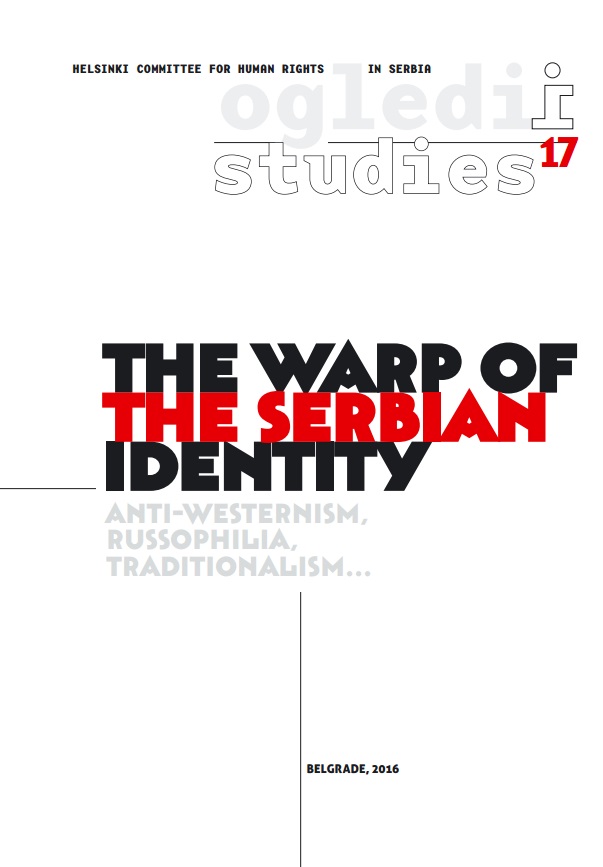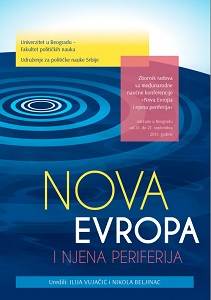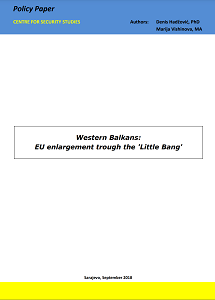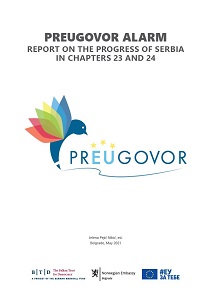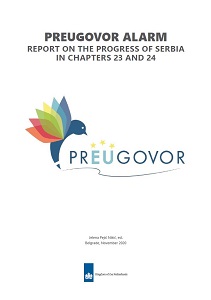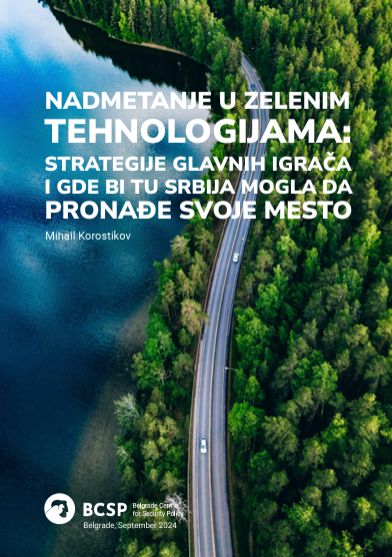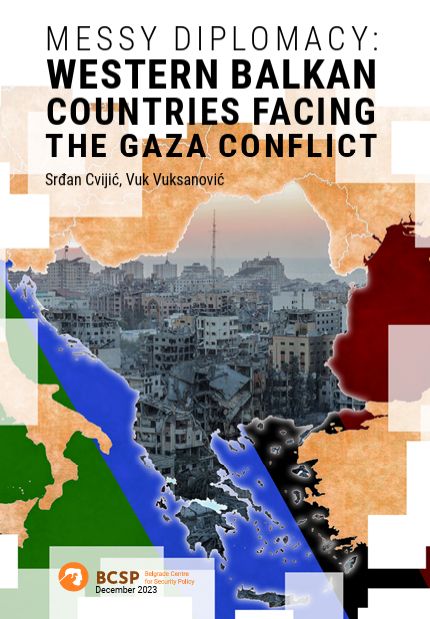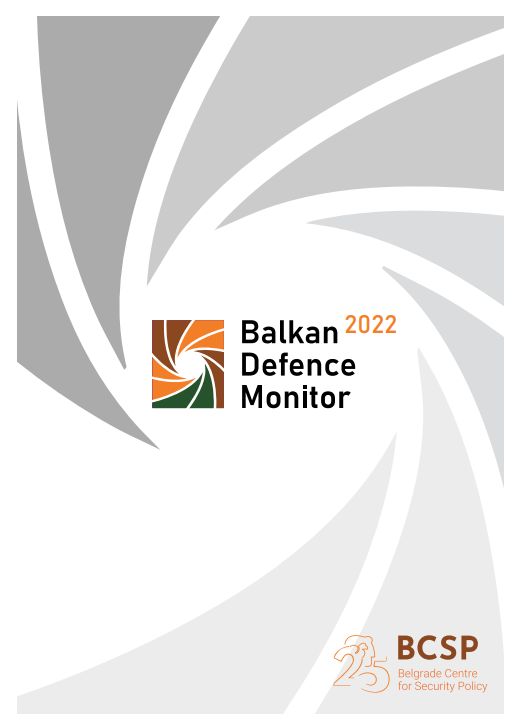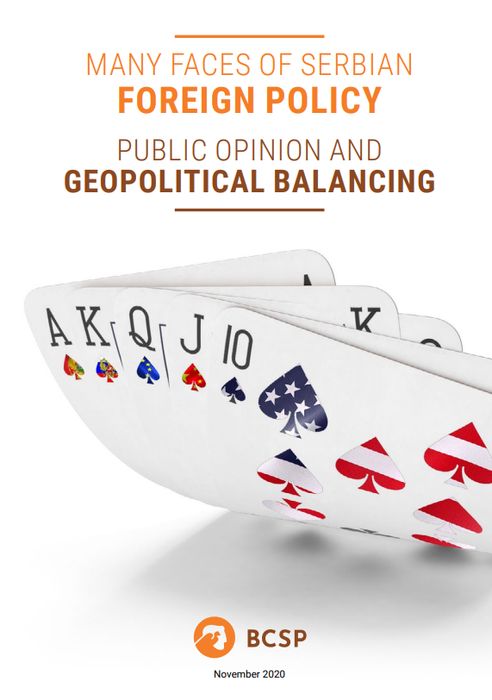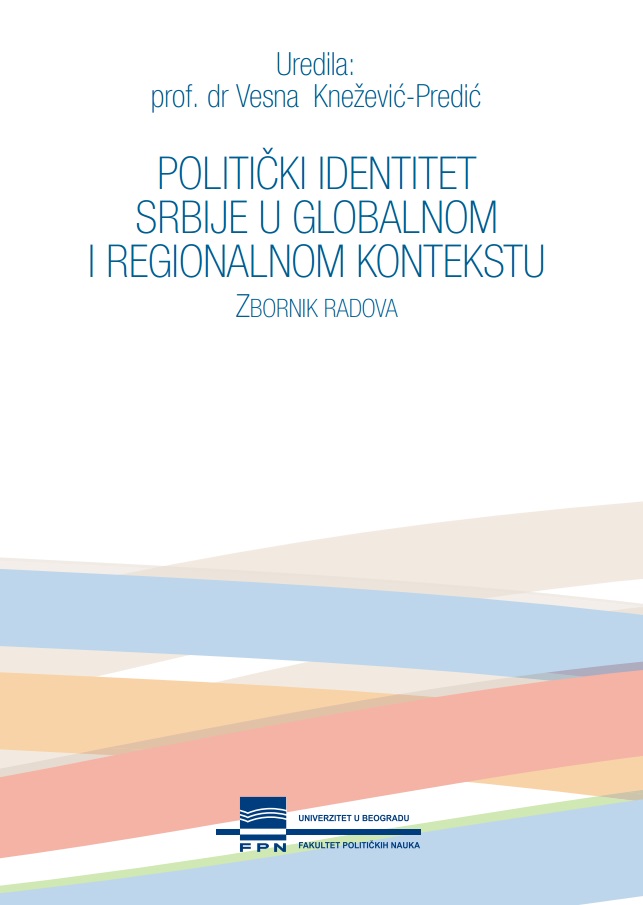
Male države u svetu regiona i izazovi multipolarizacije međunarodnih odnosa početkom 21. veka
In academic discussions and political dicourse on multipolarity at the beginning of the 21st century, great and emerging powers are perceived as major subjects of change, as well as the users of a transorming regionalized international system of states. On the other hand, small states have been sidelined in considering of the initial phase of the process of redistribution of economic power and the effects that the resulting political status-seeking may have in an altered international system. By dominantly focusing on structural effects of power distribution, IR research fails to provide for a more nuanced understanding of state agency and dynamics that is constituted by many, more or less important, ‘pawns of international politics’ or able Lilliputians − with their positions and roles in the processes of globalization and internationalization under different political, economic and security regionalisms. Drawing from the literatures on theories of IR, small states and regional security, this paper proceeds in two directions. Firstly, by considering various meanings of multipolarity – from its materiality, to its ideational and discoursive structure – it is possible to position states vis-a-vis what meaning of this concept is dominant in their political discourses. Secondly, in the context of a wider European regionalism, and post-Yugoslav and Caucasus regions more specifically, dimensions and characters of the relations of China and Russia with the small states in the two regions are explored. On the example of Serbia and Azerbaijan and shaping of their foreign policies in relations with the European Union, Russia, and China, an assessmnet of the extent and constraints of the agency of small states in international context is provided.
More...
